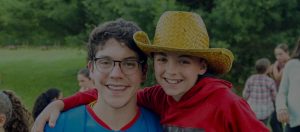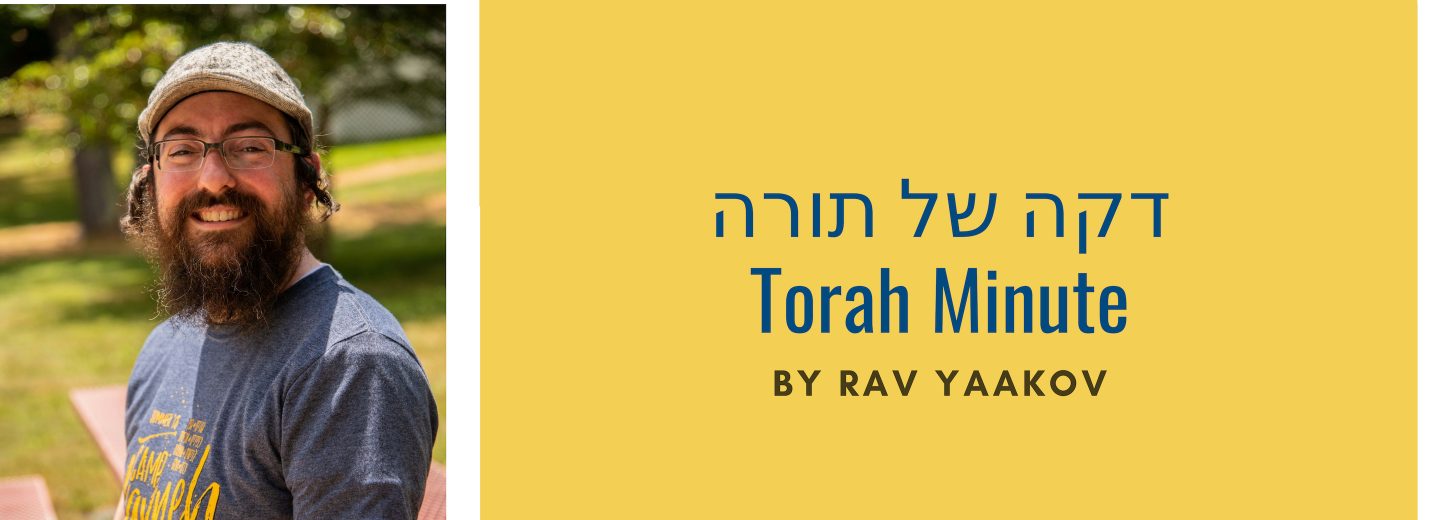Parshat Va’eira begins with God appearing a second time to Moshe and Aaron and commanding them to approach Pharaoh to demand the release of the Jewish people from slavery. Their first try in last week’s parsha backfired with Pharaoh refusing and instead giving the people harder work. When Moshe protests going again, God promises to give him the words to say to Pharaoh, through Aaron, and that God will harden Pharaoh’s heart to make him say no again, bringing about the Jewish people’s redemption through the signs and wonders of the plagues. So begin the plagues, with the water turning to blood, and six more in this week’s parsha: frogs, lice, wild animals, dying cattle, boils, and hail. Between each one, God once again hardens Pharaoh’s heart against letting the Jewish people go.
It is puzzling that a series of events that at their heart are all about freedom for the Jewish people seem to have transpired through God taking away the free will of the central players: It seems that Moshe is practically forced into the job, Aaron is simply a mouthpiece with none of his own agency, and Pharaoh’s heart is hardened through the will of God, seemingly not by Pharaoh’s own choice. We know that human beings’ free will is what distinguishes us from the animals, who operate solely via instinct, and is an expression of our higher ability to co-create with God. So did Moshe, Aaron, and Pharaoh have free will or not in the process of freeing the Jewish people? This question cuts to the famous existential dilemma of whether or not human free will ultimately exists at all, if we believe that God is all-knowing and all-powerful. Many Jewish commentators have attempted to answer this over the centuries. Perhaps the Rambam said it most profoundly when he stated in the Mishneh Torah:
Is it possible for something to happen in the world that its Creator does not want to happen? Fire burns because God wills it to burn. Water flows because God wills it to flow. So too, human beings have free will because God wills us to have free will. There is no contradiction.[Hilchot Teshuvah 5:4]
The Rambam is teaching us that, just like the Jewish people learned when they were redeemed very slavery with signs and wonders, at long last, ultimately everything is in the hands of heaven. We humans were created with the ability to choose, but as Godly creations ourselves our choices themselves are in the hands of heaven. God is within everything we choose and everything we do. This does not mean that all choices are equal, but that in each choice there is the ability to reveal more of God in the world or to conceal more of it. In redeeming the Jewish people with signs and wonders, God was revealing Godliness in the world to such a degree that the ultimate reality of God acting in the world itself suspended the ability of the humans involved to choose. The path forward was clear, and the part each person was appointed to play was set forth for them.
What are we meant to learn from this? That while God is not revealing Godliness in our lives the way it was revealed in the redemption from Egypt, God is there at every moment. Every choice we make contains the ability to conceal or reveal God in our physical world. Sometimes the way forward is clear and the choice is so obvious that it doesn’t free like a choice at all. Other times things are cloudier and we need a reminder. This is why we thank God for bringing us out of Egypt in every daily tefilah: we’re remembering who we are and what we want. The choice is ours.
Questions for the Shabbat Table:
- Describe a difficult choice you had to make. Did you feel like you had free will then?
- Can you think of a choice that would reveal Hashem in the world, and a choice that would conceal Hashem in the world? Why would each choice do that, in your opinion?




